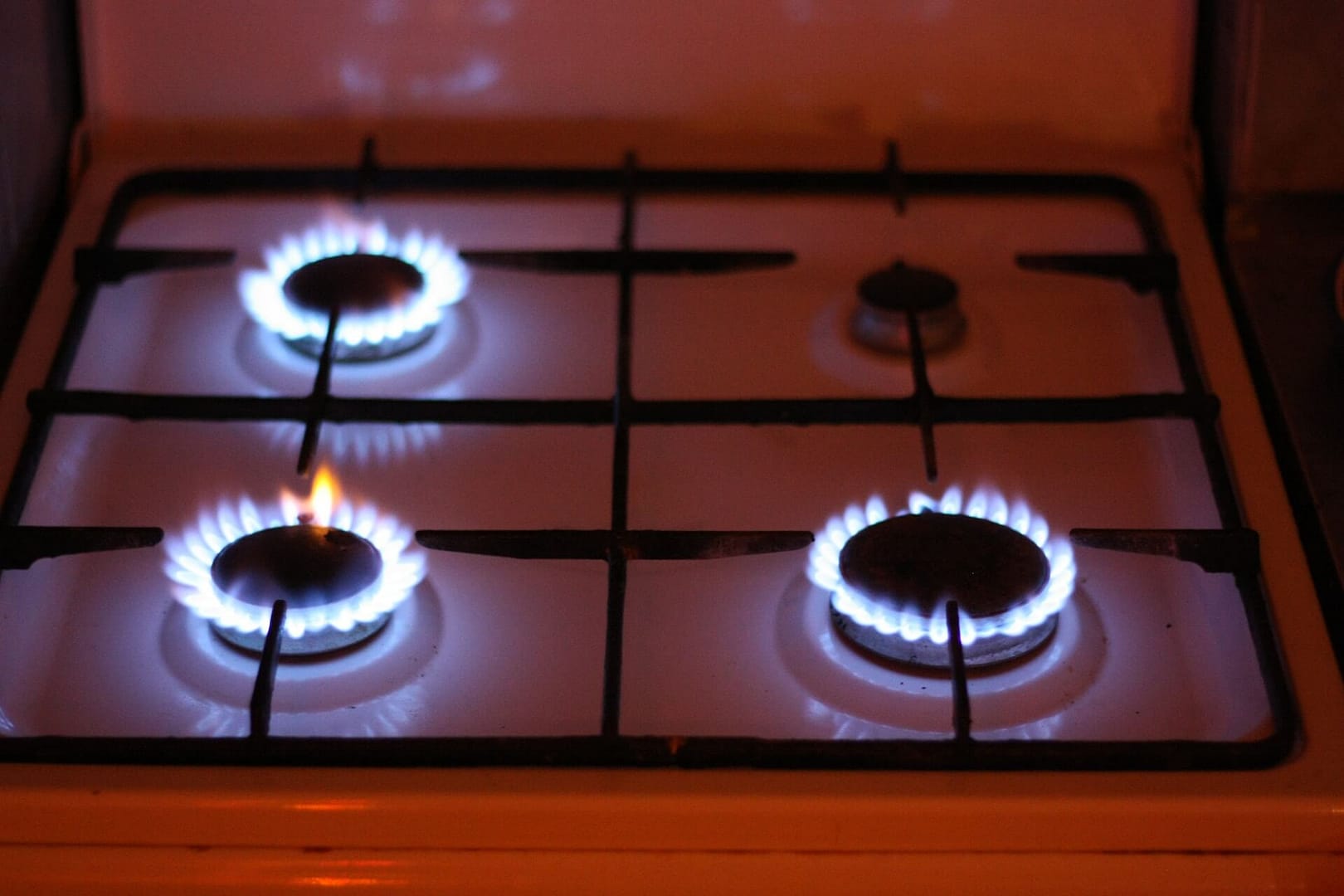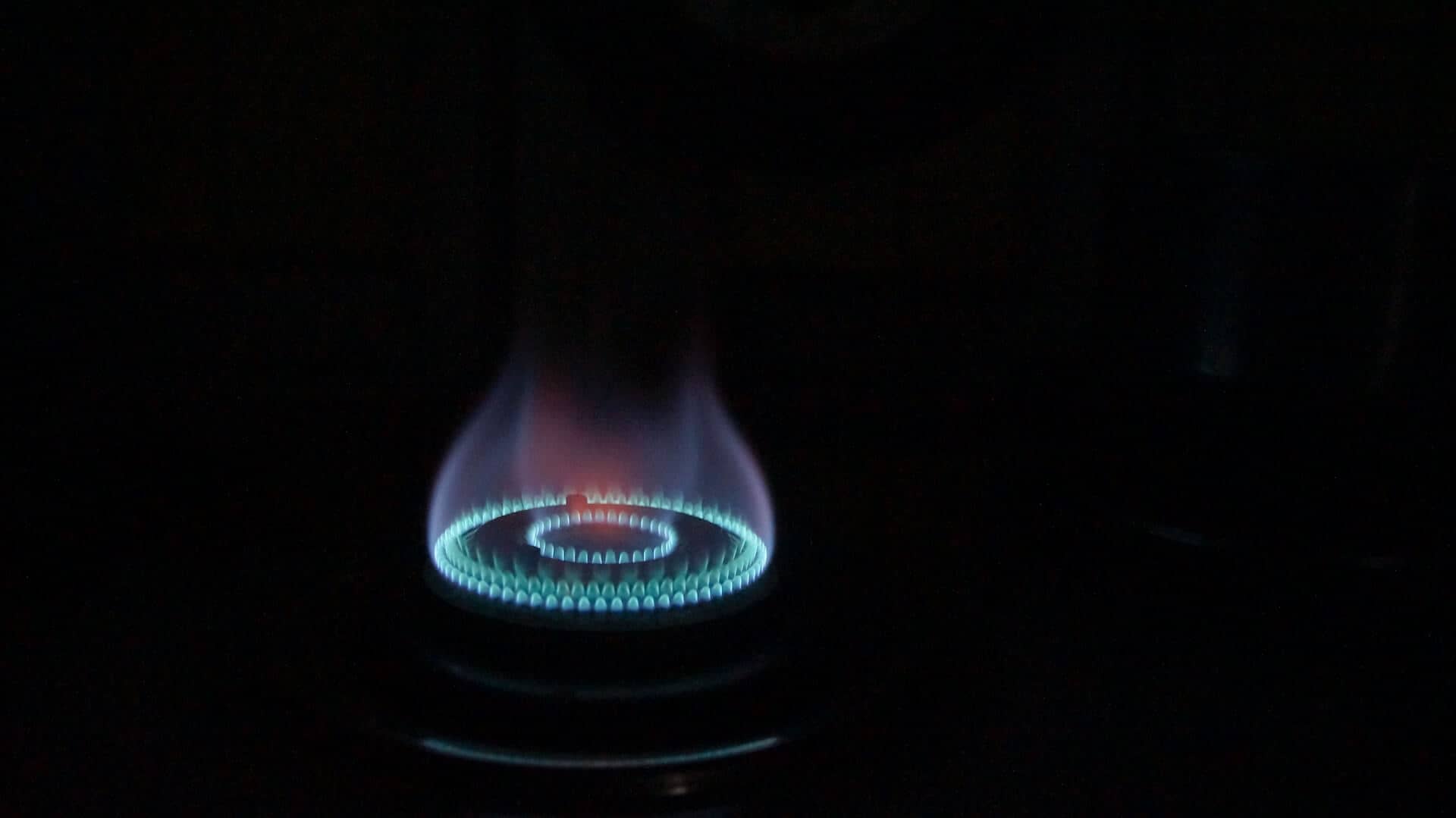Disrepair and its connection to fuel poverty in social housing is an issue of paramount importance, impacting the lives of countless individuals and families across the United Kingdom. The intertwined relationship between these two challenges has far-reaching consequences for the health, well-being, and financial stability of those living in social housing. In this article, we will explore what contributes to fuel poverty, the risk factors associated with it, and delve into the intricate connection between disrepair in social housing and the perpetual cycle of fuel poverty.
Understanding Fuel Poverty
Fuel poverty is a distressing and persistent issue in the UK, affecting a significant portion of the population. It is defined as a situation in which a household is unable to keep their home adequately heated at reasonable costs. In essence, fuel poverty arises when the cost of maintaining a warm and comfortable living environment becomes a financial burden that threatens the economic stability of the household. But what are the key contributors to this multifaceted problem?
High Energy Prices
One of the primary factors contributing to fuel poverty is the soaring cost of energy. The fluctuation in energy prices, particularly the rising costs of electricity and gas, has a direct impact on households’ ability to keep their homes warm and adequately lit during the colder months. As energy bills continue to increase, many find themselves in the precarious position of having to make difficult choices between heating their homes or covering other essential expenses.
Inefficient Heating Systems
Inefficient or outdated heating systems are another significant factor in fuel poverty. Homes with old, inefficient boilers or heating systems consume more energy to maintain a comfortable temperature, resulting in higher bills. For individuals living in social housing, the quality and effectiveness of heating systems can vary widely, making it difficult for some to escape the cycle of fuel poverty.
Poor Insulation
Inadequate insulation in social housing can exacerbate the problem. Poorly insulated homes allow heat to escape, meaning households need to use even more energy to compensate for the heat loss. This additional energy consumption, again, leads to higher bills, making it challenging for residents to escape the clutches of fuel poverty.
Low Income
Low household income is a significant risk factor for fuel poverty. Households with limited financial resources often struggle to cover the basic necessities, including energy costs. The combination of a low income and high energy bills can lead to a dire situation where individuals and families must choose between heating their homes and putting food on the table.
Health Implications
Fuel poverty is not solely a matter of finances; it also has serious health implications. When homes are inadequately heated, occupants are at greater risk of developing cold-related illnesses and exacerbating existing health conditions. Respiratory problems, cardiovascular issues, and mental health challenges are all associated with living in cold and damp conditions, further emphasising the urgency of addressing fuel poverty.
The Connection Between Disrepair and Fuel Poverty in Social Housing
Now, let’s dive into the intricate connection between disrepair in social housing and the perpetuation of fuel poverty. Social housing is a vital resource that provides affordable accommodation to individuals and families with limited financial means. However, many social housing units suffer from disrepair, which amplifies the challenges of those already at risk of fuel poverty.
Damp and Mould
Damp and mould are common problems in social housing units suffering from disrepair. These issues can lead to a range of health problems, including respiratory conditions like asthma. Damp conditions can also make homes feel colder, as the moisture in the air conducts heat away from the body more effectively, making it more challenging for residents to maintain a comfortable temperature without using excessive energy.
Inefficient Heating and Insulation
As mentioned earlier, many social housing units have outdated and inefficient heating systems. This can be attributed to a lack of investment in maintenance and upgrades. Additionally, inadequate insulation in these units exacerbates the problem, as it causes heat to escape, requiring more energy to keep homes warm. The combination of these factors in disrepair and social housing creates a perfect storm for fuel poverty.
Financial Strain
The financial strain of living in substandard social housing only deepens the cycle of fuel poverty. Residents often face a difficult dilemma: spend limited financial resources on essential repairs or invest in heating and energy bills to maintain a warm home. The choice between addressing disrepair issues and covering energy costs is a constant source of stress and frustration for many social housing residents.
Negative Impact on Well-Being
The effects of living in a substandard social housing unit can take a toll on the overall well-being of residents. Constantly dealing with issues like disrepair and struggling with fuel poverty can lead to increased stress and anxiety, affecting mental health. This negative impact on well-being further complicates the efforts to escape the cycle of poverty and disrepair.
Addressing Disrepair and Fuel Poverty
To break the vicious cycle of disrepair and fuel poverty in social housing, concerted efforts are needed from both the government and housing providers. By implementing a combination of policies and strategies, it is possible to alleviate the burdens faced by those living in inadequate housing conditions.
Government Initiatives
The UK government has recognized the importance of tackling fuel poverty and disrepair in social housing. Various initiatives, such as the Energy Company Obligation (ECO) and the Warm Home Discount scheme, have been established to assist low-income households with energy-related costs. Additionally, the government has set ambitious targets to improve the energy efficiency of social housing, aiming to reduce fuel poverty and lower carbon emissions.
Housing Provider Responsibility
Housing providers, both public and private, must take responsibility for maintaining and upgrading their properties to provide safe and comfortable living environments. Regular inspections, timely repairs, and investments in energy-efficient heating systems and insulation can go a long way in addressing the issues of disrepair and fuel poverty.
Support Services
Support services and charities play a critical role in helping vulnerable individuals and families navigate the challenges of fuel poverty and disrepair. These organisations offer guidance, financial assistance, and advocacy for those in need, connecting them with resources to improve their housing conditions and overall quality of life.
Making a housing disrepair claim with National Claims
Note: You can only make a claim if you are currently living in social housing.
At National Claims, we understand the critical link between disrepair and fuel poverty in social housing. Our mission is to help individuals and families living in such conditions through the claims process, and seek justice and compensation for the hardships they have endured. If you are facing disrepair issues in your social housing unit and believe it has contributed to your fuel poverty, here is how we can assist you in making a housing disrepair claim.
Assessment and Consultation
The first step in making a housing disrepair claim with National Claims is to reach out to our experienced team. We offer a free consultation to assess the viability of your claim. During this initial consultation, we will discuss the specific disrepair issues you have encountered in your social housing unit and their impact on your living conditions.
Investigation and Evidence Collection
Once we determine that your case has merit, we will begin a comprehensive investigation. Our team of experts will work to gather evidence, including photographs, maintenance records, and any communication you’ve had with your housing provider regarding the disrepair issues. This evidence is crucial in establishing the extent of the disrepair and its connection to fuel poverty.
Legal Representation
National Claims will provide you with experienced legal representation to advocate for your rights and interests. We will handle all communication with your housing provider and work diligently to negotiate a settlement that addresses the disrepair issues and compensates you for the hardships you’ve faced.
Financial Compensation
If your housing disrepair claim is successful, you may be entitled to financial compensation. This compensation can help you address the financial burden of energy costs that have been exacerbated by disrepair. It can also cover any additional expenses you’ve incurred due to the poor living conditions.
Ensuring Safer, Healthier Homes
At National Claims, we are not just about securing compensation; we are also dedicated to ensuring that social housing providers take their responsibilities seriously. By holding them accountable for the disrepair issues you’ve faced, we contribute to the overall improvement of social housing conditions, making homes safer and healthier for all residents.

Conclusion
In conclusion, the relationship between disrepair and fuel poverty in social housing is a complex issue that affects the well-being of individuals and families across the United Kingdom. The high cost of energy, inefficient heating and insulation, low income, and health implications all contribute to the perpetuation of fuel poverty. When disrepair is present in social housing, these issues are magnified, creating a cycle that is challenging to break.
Efforts to address this issue require collaboration between government initiatives, housing providers, and support services. By implementing targeted policies and investments, we can provide safe, comfortable, and energy-efficient social housing, ultimately breaking the cycle of disrepair and fuel poverty.
If you find yourself in a situation where disrepair in your social housing has led to fuel poverty, National Claims is here to help you seek justice and compensation. Our assessment, investigation, legal representation, and commitment to safer, healthier homes can make a significant difference in your life and the lives of others living in social housing. Together, we can work towards a brighter, more secure future for all.
Begin your claim by contacting us today and speak to one of our claims specialists today.
Click below to see why we are one of the most trusted claims management companies in the UK.

We’re proud of our excellent customer reviews
We thrive on delivering exceptional service and ensuring our clients’ satisfaction. Don’t just take our word for it. Check out some of our independent reviews to see what our clients have to say.
Excellent

This firm is excellent, they sorted out my car pay out and injury claim very fast, they always communicate with you all the time.

My accident case was dealt with confidence and with great result of the outcome, especially James kept me informed all the time.

I was very impressed at the way my inquiry was treated. I was listened to attentively and everything I needed to know was explained to me.






